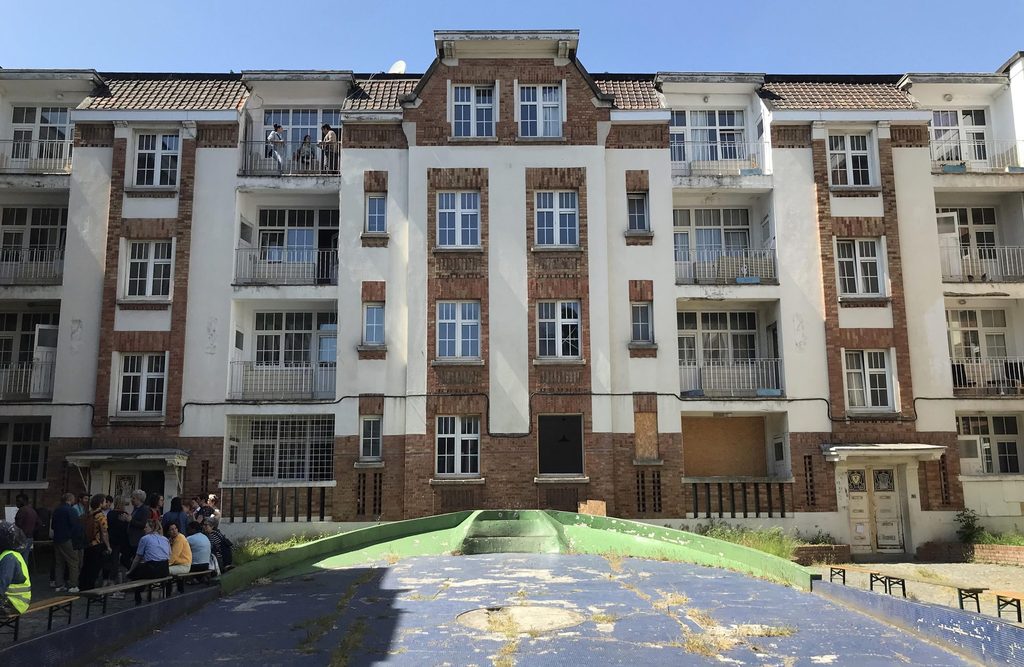Faced with a counter-productive paradox of a growing population of homeless people and a rising number of vacant buildings, Brussels is looking to break the cycle with a new project in the Molenbeek-Saint-Jean municipality.
The region is home to several thousands of homeless people, a figure which has risen steadily as a result of the pandemic and cost of living crisis. At the same time, housing vacancies are also increasing, nearing 10,000 empty buildings, Brussels Minister for Welfare, Alain Maron, noted.
Faced with this paradox, the Joint Community Commission (Cocom) has been developing projects to rehouse homeless people in certain vacant buildings for three years as part of the initiative, such as the Youyou project which was launched in Molenbeek this week, and offers housing and tailor-made counselling.
"This project illustrates my desire to move away from the logic of emergency shelter and find structural solutions to permanently re-housing homeless families and individuals," Maron said. Today, the Brussels-Capital Region offers 2,000 places for sustainable resettlement.
Power of permanent housing
The aim of the Brussels government's long-term temporary re-housing programmes is to break the cycle of homelessness by providing housing for those who want it so that they can "regain their dignity and independence."
This is based on the principle that other problems that made them end up on the streets can only be solved if they have permanent housing, "as they no longer have to spend all day looking for shelter, food or a shower." Once they have an address, this also allows them to regain access to their social rights.
Molenbeek Housing is making 16 empty two-bedroom flats available for 14 families. Two of the flats will be used as community spaces to "promote collective dynamism and social cohesion."
Everyone who is housed here receives individualised psychosocial counselling tailored to their needs and eventually find their own housing solutions.
Related News
- 'Hidden' homelessness: 34% stay with family and friends
- Belgium allocates €10 million for homeless housing projects
Little by little, the logic of emergency shelter is giving way to the structural logic of sustainable re-housing, which, as a recent study by Brussels University (ULB) has shown that it is not more expensive.
Maron stressed that more of these projects are needed to reduce the number of people living on the streets but stressed that the fact most homeless people don't gain access to legal status is another major obstacle to reintegration.

